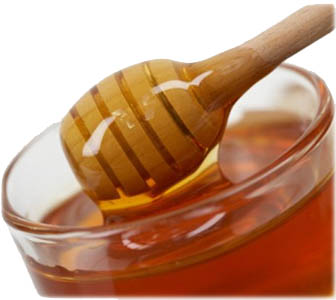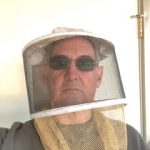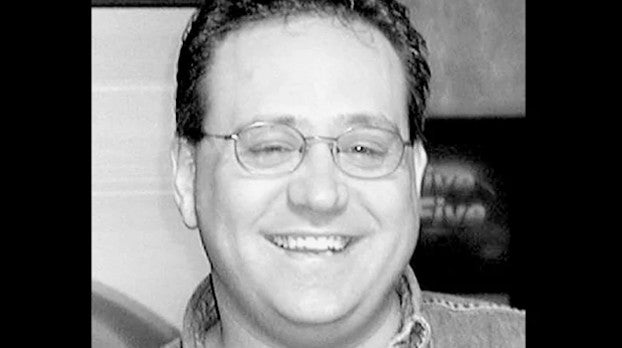The truth about honey
Published 9:33 pm Saturday, March 2, 2019
Real pure honey is produced by honey bees, similar to those you see in the garden. Those bees in the U.S. are actually European honeybees with origins in Italy, Germany, France.
Asia and Africa also have honeybees although they are different due to evolutionary changes that suit them to the environment they are in.
I know you have heard of the “killer” bees, well these are just some bees that originated in Africa and were brought to South America when some scientist was trying to get the bees in Brazil to produce more honey.
Well, they were successful, the bees do produce more honey. The downside is that they are also very aggressive, however, beekeepers have learned how to deal with them.
Now South America exports a lot of honey to the U.S. Asia also exports a lot of honey to the U.S. most of it from India and Vietnam.
Actually, about 350,000,000 pounds per year is exported to the U.S.
That’s correct 350 million pounds.
That’s about 80-percent of all the honey consumed in the U.S.
You ask how do I know if the Honey I bought is really “Local”? The best way is to buy from a local beekeeper that you know.
The only scientific ways to determine origin is to test the pollen and to microscopically identify that pollen and where the plant lives or to use NMR (Nuclear Magnetic Resonance) testing. Only a few people can do pollen identification and Texas A&M has one of these specialists.
Food Safety News had him test honey samples and reports that 80-percent of all honey sold in the U.S. is improperly labeled for its origin. 75-percent had the pollen filtered out of the honey making origin almost impossible to determine. When you consider that the U.S. beekeepers produce less than 20-percent (less than 100,000,000 pounds of the 450,000,000 pounds consumed) of all honey consumed.
Most of those beekeepers/producers are small less than 25 hive hobby keepers who can’t by law sell their honey in the large market stores. You would reason almost all honey sold commercially is mislabeled.
That is right if you are buying honey at a national or regional (grocery store) market the honey you buy as “Local” or “Texas” honey most likely came from outside the U.S.
If you are using honey due to its medicinal or allergic benefit you are most likely getting neither.
Now you ask “how can this be”? Well, the Honey importers are the only people making money on honey and the market is largely unregulated so they can get away with almost anything.
If you want REAL LOCAL or TEXAS Honey the answer is to buy your honey from someone you know.
How do I find a beekeeper? The best source in Texas is the Texas Beekeepers Association, Real Texas Honey or a local beekeepers club. Orange County has a good number of amateur beekeepers so if you look around you can find one. We have a local beekeepers group that meets at LaCantina the first Tuesday of each month at 6 p.m. Stop by and visit, all are welcome.
Len VanMarion is TAIS certified Master Beekeeper and Member Texas Beekeepers Assoc.






